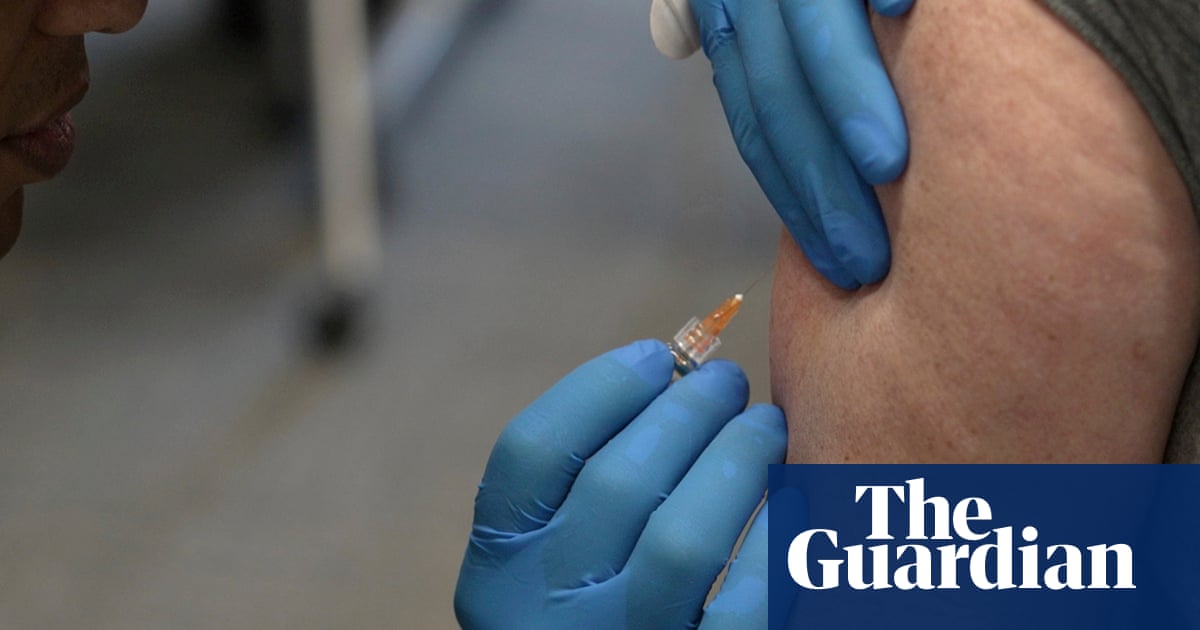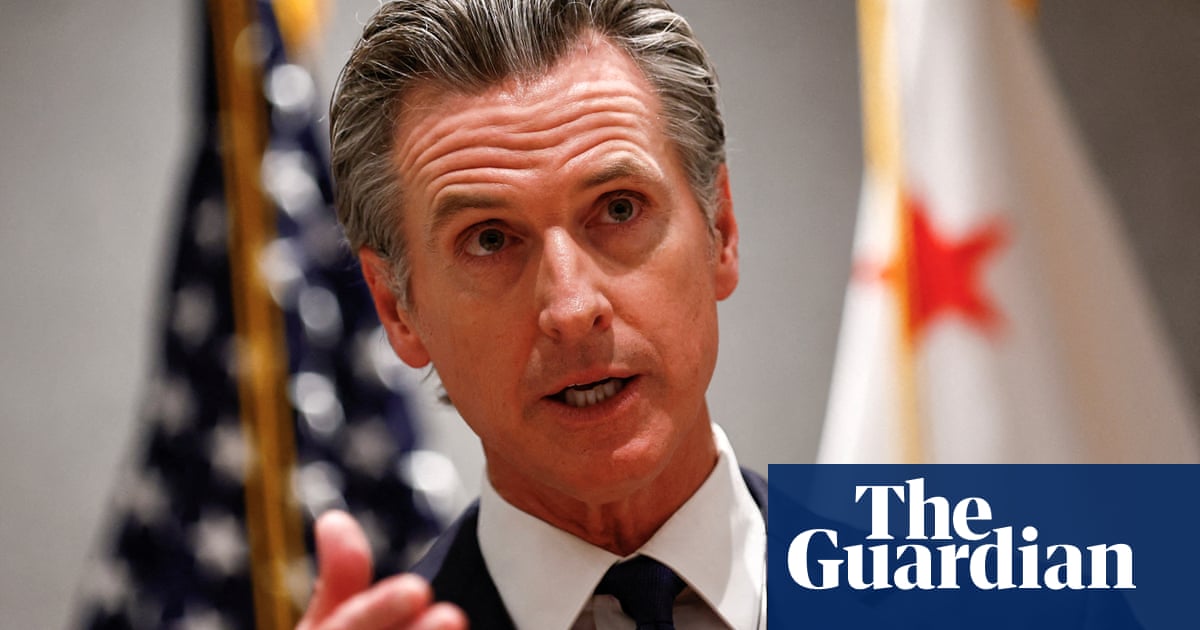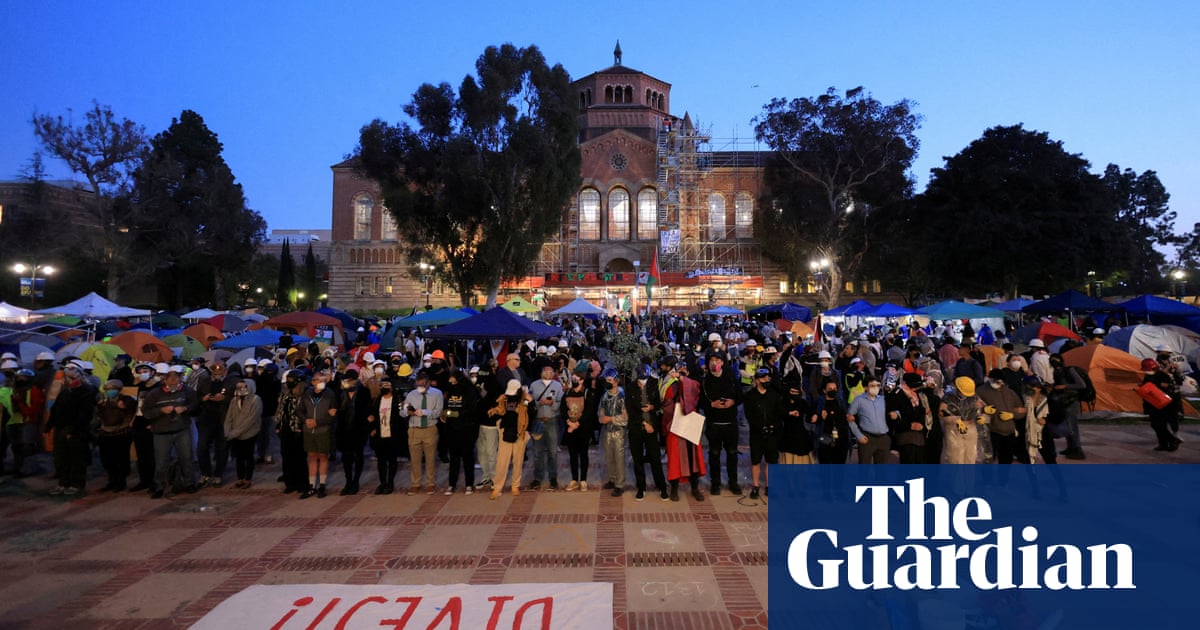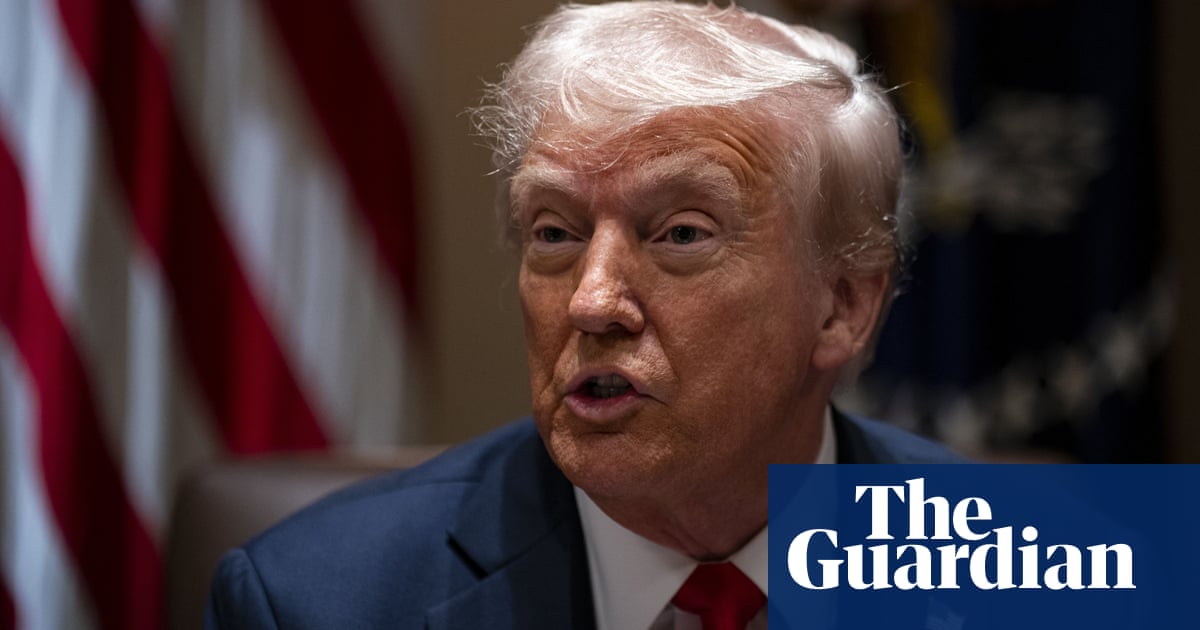Clare Wise’s emotional representation of the family farm offers an excellent insight into the importance of maintaining generational continuity (My family has grown Britain’s food for 140 years. Here’s what politicians don’t understand about farming, 27 November). She rightly condemns the potentially devastating effects that inheritance tax (IHT) on farmland will have on many family farms. Enforced sales will accelerate the break-up and loss of smaller and medium-sized farms, favouring accumulation of land owned as investments and for tax avoidance.
I support IHT and other forms of tax on wealthy estates, investment properties and farmland sold off for development. But this tax is misplaced, introduced without due consultation and pays no attention to the effects it will have on many farming families who will be unable to afford to pay it from farm income. The government needs to listen to the many voices of protest and have the courage to review this tax.
The current rollover tax relief does need reform. It is a nonsense that vast areas of our farmland are being bought up by wealthy individuals as forms of investment and for tax avoidance. It is wrong that, under rollover relief, farmland can be sold for development at hugely inflated values, free of tax, with the profit to be reinvested in buying new farmland. Although introduced to protect the continuity of the family farm, this is simply inflating the price of land well beyond its true farming value.
As a result, farmers and new entrants cannot afford to buy farmland on the basis of a return from farm income, and many families affected by the burden of IHT when they sell property priced over £1m will be forced to sell land, contributing to the demise of the family farm. Reform of the land tax system is needed, but must be based on evidence and developed through proper consultation.
Philip Holt
Former farmer, Hornton, Oxfordshire
Clare Wise makes an impassioned plea. Like most small farmers, she works harder than most of the rest of us with no respite and deserves better. There are those wealthy individuals, however, who are buying agricultural land solely for tax avoidance and using it for other purposes than food production. This is not ideal, given our increasing population and geopolitical pressures.
It is important that we all begin to recognise the essential nature of viable, long-term and sustainable local food production, and start accepting that we need to pay more for good, nutritious food. The IHT threshold has, it seems to me, been set too low. However, if we were all prepared to pay farmers reasonable prices for food production, the tax might become manageable. The Labour government is promising to take action on this issue, which is long overdue. The supermarkets need to be held to account, and where we can we should buy direct from the farmers.
Dr Sheila Shaw
Wigan, Greater Manchester
Clare Wise’s article is touching, but doesn’t explain why farmers should be treated differently than other small family businesses, which also require sacrifices and commitment. It would also be interesting to know how her farm was passed down many generations before 1984, when IHT relief came in. Farmers’ real problem seems to be supermarkets, and they should go after them rather than the government.
Frank Martin
London

.png) 3 months ago
16
3 months ago
16













































